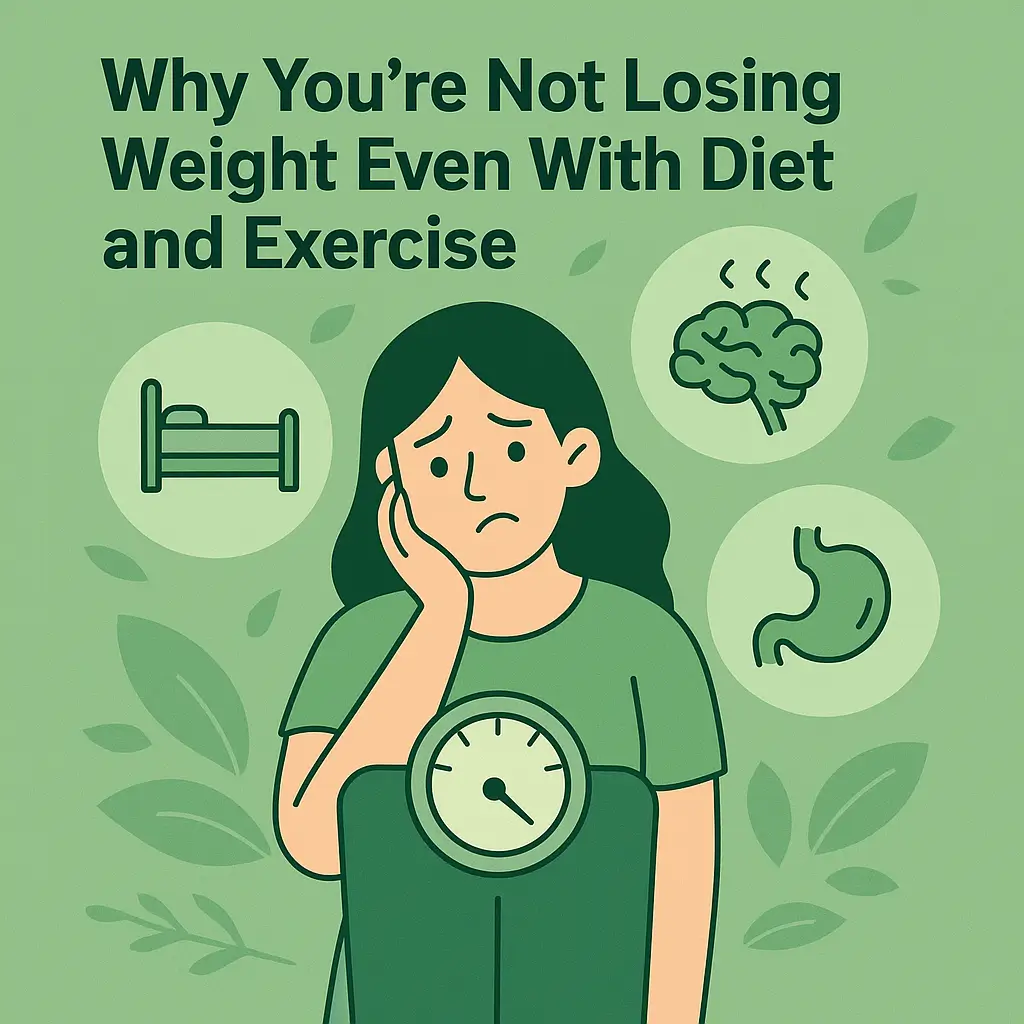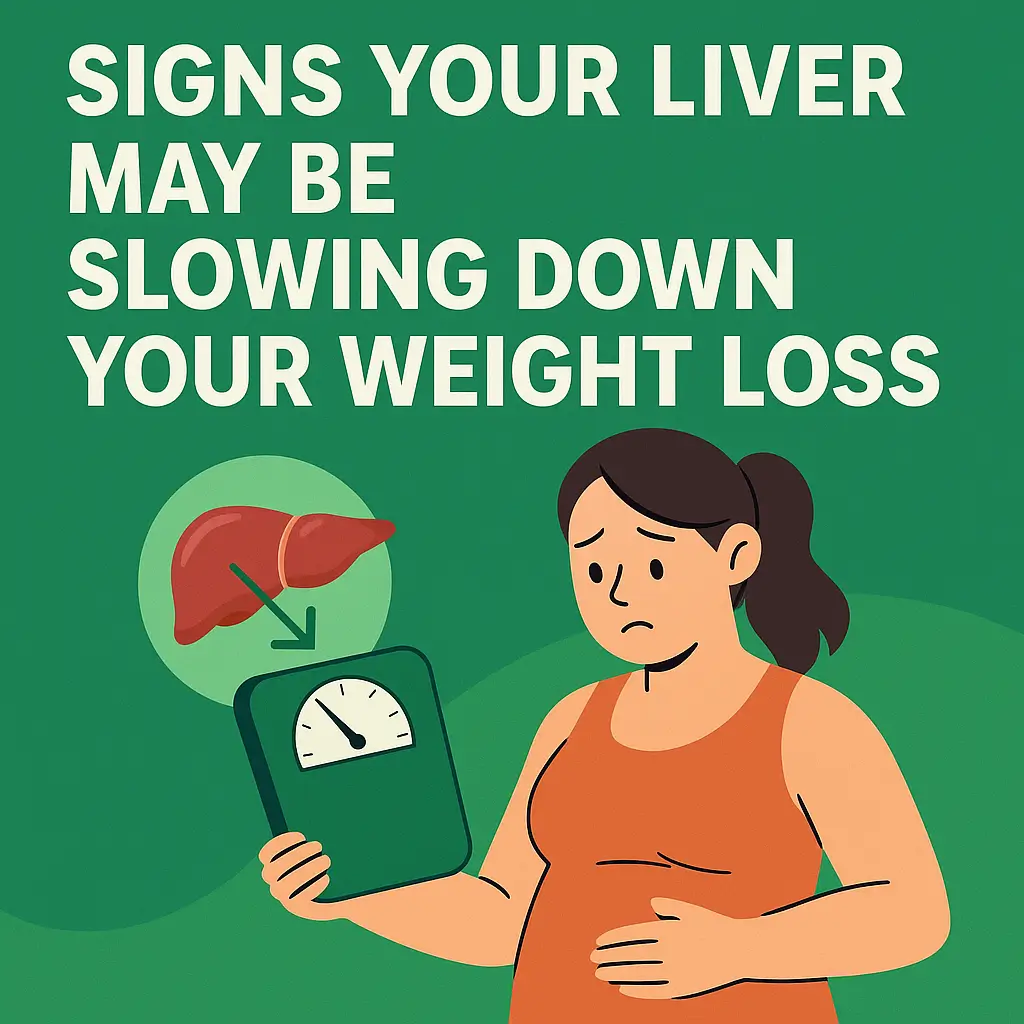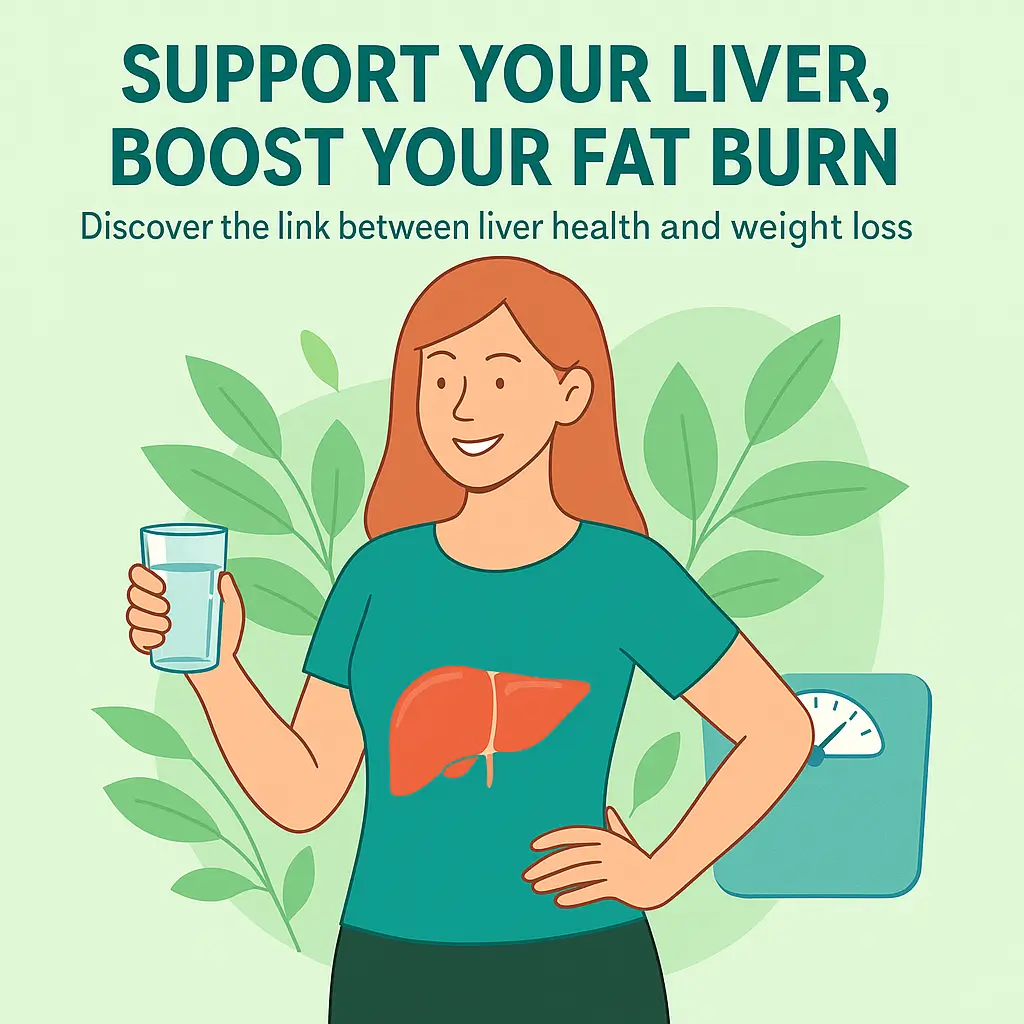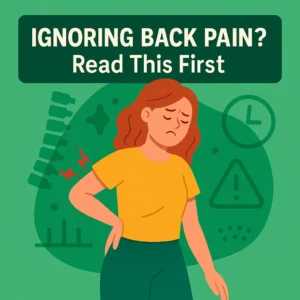Why You’re Not Losing Weight Even With Diet and Exercise
If you’re eating clean, exercising consistently, and still not seeing results on the scale, you’re not alone. Many people feel frustrated, confused, and defeated when they realize they’re not losing weight with diet and exercise—even when doing everything “right.”
But here’s the truth: your body is more complex than a simple calories in, calories out equation. There are often hidden factors at play that can block fat loss and cause plateaus—especially around the belly.
Let’s explore the real reasons why your weight might be stuck, and what you can start doing about it today.
🧠 Your Body Is Designed to Protect Fat Under Stress
When your body perceives stress—whether physical, emotional, or environmental—it reacts by holding on to fat, especially in the abdominal area. This is a protective mechanism designed for survival.
Here’s how stress works against your weight loss goals:
- Increases cortisol (the stress hormone)
- Slows down metabolism
- Increases cravings and hunger
- Promotes fat storage in the belly
- Disrupts sleep and energy levels
Even if you’re eating salads and hitting the gym, chronic stress can sabotage your fat-burning potential.
💤 Poor Sleep Can Stop Fat Burning in Its Tracks
You may not realize how deeply sleep impacts weight loss. Poor sleep affects your:
- Hunger hormones (ghrelin and leptin)
- Insulin sensitivity
- Energy and performance
- Recovery from workouts
- Fat oxidation (your body’s ability to use fat as fuel)
Getting 7–9 hours of deep, restorative sleep isn’t optional—it’s essential if you want to lose fat effectively.
🔄 A Sluggish Metabolism Can Keep You Stuck
Have you noticed that even eating less doesn’t seem to work anymore? That could be a sign of metabolic adaptation—when your body reduces its calorie-burning ability as a survival mechanism.
This can happen due to:
- Yo-yo dieting
- Overexercising
- Stress or under-eating
- Hormonal changes with age
When your metabolism slows down, fat loss stalls, and it can feel like nothing works—until you help your body reset and rebalance.
💥 Inflammation and Hormone Imbalances
Low-grade inflammation and hormonal shifts can create a perfect storm for weight gain and resistance. This includes:
- Estrogen dominance
- Insulin resistance
- Thyroid slowdown
- High cortisol
- Leptin resistance (making your brain think you’re starving)
When your internal systems are out of sync, your body resists change—even with healthy habits.
🚫 Common Signs You’re Doing Everything Right But Still Not Losing Fat
- You’re eating whole foods, counting calories, and watching carbs
- You’re walking or exercising multiple times per week
- You’re drinking water and cutting back on sugar
- You’re feeling exhausted, unmotivated, and frustrated
- You’re seeing no movement on the scale for weeks (or months)
Sound familiar? It’s not your fault. Your body isn’t broken—it’s just overwhelmed.
✅ What You Can Do Instead
You don’t need to restrict more or train harder. Instead, focus on:
1. Resetting your metabolism
Support your body’s natural rhythm by getting better sleep, balancing meals with protein and fiber, and giving your body periods of rest and recovery.
2. Lowering stress levels
Incorporate breathing techniques, meditation, journaling, or daily walks to help calm your nervous system and bring down cortisol.
3. Listening to your body
Fatigue, cravings, and stubborn fat are signs that something deeper needs support. Your body is talking—are you listening?
4. Considering holistic support
Some people find success using natural methods that help reset internal balance—targeting sleep, digestion, stress, and hormonal health—so the body can finally release excess fat.
🧭 Want to know if supplements can play a role in this process?
👉 Read Next: Can Supplements Help You Burn Belly Fat Faster?
✨ Final Thoughts
If you’re not losing weight with diet and exercise, don’t blame yourself. You’re likely doing the best you can with the tools you’ve been given. The real breakthrough comes when you stop fighting your body—and start working with it.
Understanding the hidden roadblocks—like stress, sleep, and hormones—is the first step to creating a weight loss approach that finally works.














Post Comment